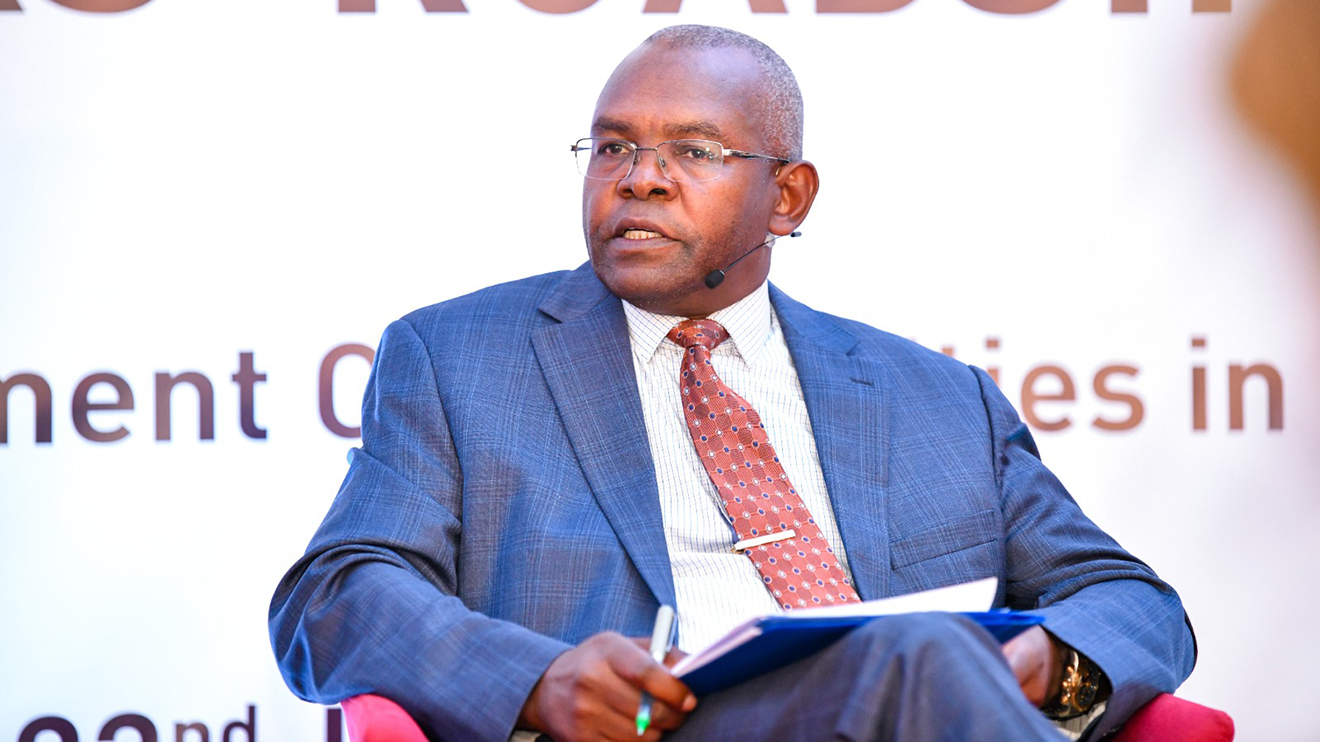In a notable turn of events, interest rates across Kenya's Treasury bills have seen a decline for the first time in over two years, marking a potential shift in the trajectory of government securities yields.
During the recent Treasury bill auction, the weighted average interest rates of accepted bids showed a marginal decrease across the board.
The 91-day paper fell to 16.7243 per cent, the 182-day paper to 16.8738 per cent, and the 364-day paper to 16.9898 per cent.
This contrasts with the rates of 16.7290 per cent, 16.8877 per cent, and 16.9899 per cent recorded in the preceding auction.
Investors displayed robust interest, bidding Sh28.4 billion for the three papers, resulting in a performance rate of 118.65 per cent from the Sh24 billion offered.
Read More
The Central Bank of Kenya (CBK) accepted Sh26.1 billion.
The shift in Treasury bill rates is predominantly attributed to a change in investor sentiment following the recent issuance of a new Eurobond, which has mitigated sovereign risk linked to the maturing Sh261.4 billion ($2 billion) notes in June.
Furthermore, the prospect of enhanced disbursements from external financing sources is anticipated to dampen the demand for higher interest rates.
This development aligns with the government's efforts to reduce reliance on the domestic credit market for budgetary support.
Kenya anticipates significant inflows, with Sh130.7 billion ($1 billion) expected from the World Bank and Sh156.8 billion ($1.2 billion) from the International Monetary Fund (IMF) before June's end.
These funds are poised to alleviate domestic financing requirements, prompting a reduction in domestic financing targets.
In tandem with these developments, the Treasury is poised to introduce a second supplementary budget for the fiscal year ending in June, potentially setting a lower fiscal deficit target.
Consequently, the CBK has expressed confidence in a downward trajectory for interest rates on government securities.
"We expect rates to have peaked. One of the reasons the rates have been going up to where they are now has been the reliance on domestic financing," CBK Governor Kamau Thugge remarked.
Dr. Thugge highlighted the anticipated decline in rates, stating, "We expect the rates to now start coming down just because we will have alternative sources of funding the deficit other than issuing Treasury bills and bonds."
Lower rates on Treasury bills and bonds are poised to curtail government expenditure on domestic debt service costs, thereby contributing to the desired fiscal consolidation.
Interest rates on government securities have been in an upward trend since the CBK shifted from an accommodative policy stance post-pandemic to address rising inflation and currency depreciation.
As investor sentiment pivots and external financing avenues expand, Kenya's financial landscape appears poised for a recalibration, with implications extending to fiscal policy and debt management strategies.







